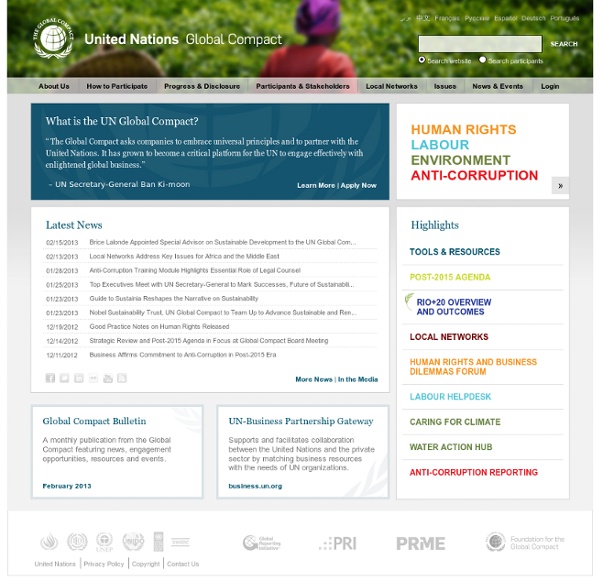



Case Law on UNCITRAL Texts (CLOUT) The UNCITRAL Secretariat has established a system for collecting and disseminating information on court decisions and arbitral awards relating to the Conventions and Model Laws that have emanated from the work of the Commission. The purpose of the system is to promote international awareness of the legal texts formulated by the Commission and to facilitate uniform interpretation and application of those texts. The system is explained in document A/CN.9/SER.C/GUIDE/1/Rev.2. Search CLOUT Cases Digests Thesauri National Correspondents Bibliography On-line Resources & Webcasts CLOUT -- UNCITRAL's legal database turns 25 Facts about CLOUT Candlestick Point/Hunters Point Shipyard | SFMTA Сведения о проекте The Candlestick Point/Hunters Point Shipyard project is the largest public development project in San Francisco’s recent history: over 700 acres of waterfront land providing over 10,000 residential units (a significant portion offered at below-market rates), over 300 acres of waterfront parks, approximately 700,000 square feet of destination retail and entertainment space, over 2.5 million square feet of commercial space oriented to “green” technology, anchored by the United Nations Global Compact. The development project is within a regionally-designated Priority Development Area. It was supported by citizens through a ballot measure, then approved by the Board of Supervisors in 2010. The project transit improvements include: the Hunters Point Transit Center, bus rapid transit connecting to Caltrain and BART, new downtown express bus routes from both Candlestick Point and Hunters Point and other service expansions. Goals & Potential Benefits Highlights The project will:
Maersk Line: Developing a ‘Future-Proofed’ Sustainability Strategy | BSR | Sustainability, Corporate Social Responsibility Network and Consultancy Table of Contents Letter From the CEO The State of Sustainable Business Our People Our Challenges Videos Financial Statements About This Report Download the Report Our Impact and Case Studies Maersk Line: Developing a ‘Future-Proofed’ Sustainability Strategy The Challenge As the world’s largest container shipping company, Maersk Line transports more than 15 percent of all shipped containers. Reduction in CO2 Emissions We helped Maersk Line set a strong sustainability vision supported by clear objectives: reducing carbon-dioxide emissions by 25 percent by 2015 and striving for zero sulfur-dioxide emissions. Staffed From Hong Kong, Paris, San Francisco Our Strategy BSR and Maersk Line collaborated to build a comprehensive sustainability approach that supports the corporate strategy and responds to long-term trends. Our Impact BSR’s work has helped give Maersk Line a new, comprehensive direction for sustainability—and the company has reaped positive results from this course.
WWF Food and Agriculture Organization of the United Nations data Department of Public Works : Bayview Transportation Improvements Project Public Hearing for Draft Environmental Document July 8, 2013, 6 p.m. to 8 p.m. Southeast Community Center (Alex Pitcher Room) 1800 Oakdale Avenue, SF, CA 94124 Project Update June 2013Map of proposed Bayview Transportation Improvements Project Information The Bayview Transportation Improvements Project (BTIP) will improve the existing roadway network within San Francisco’s southeast waterfront community. The BTIP will provide enhanced transit, vehicular and non-motorized transportation infrastructure within the BTIP area. In addition to typical roadway improvements like pavement rehabilitation and resurfacing, enhanced landscaping, improved lighting, proposed transit improvements, including bus bulb-out extensions and transit-only lanes, would improve the speed and reliability of transit services and complement the limited existing public transit services to meet future needs. Location Project History Schedule Cost/Funding Contact
SFI (Sustainable Forestry Initiative) ited Nations Statistics Division New York, 1 June 2016 - The chair of the Statistical Commission, Ms. Wasmalia Bivar of Brazil, addressed the Economic and Social Council (ECOSOC) on 1 June during its Coordination and Management Meeting. Ms. The presentation (English, Spanish) was followed by a short Q&A session.